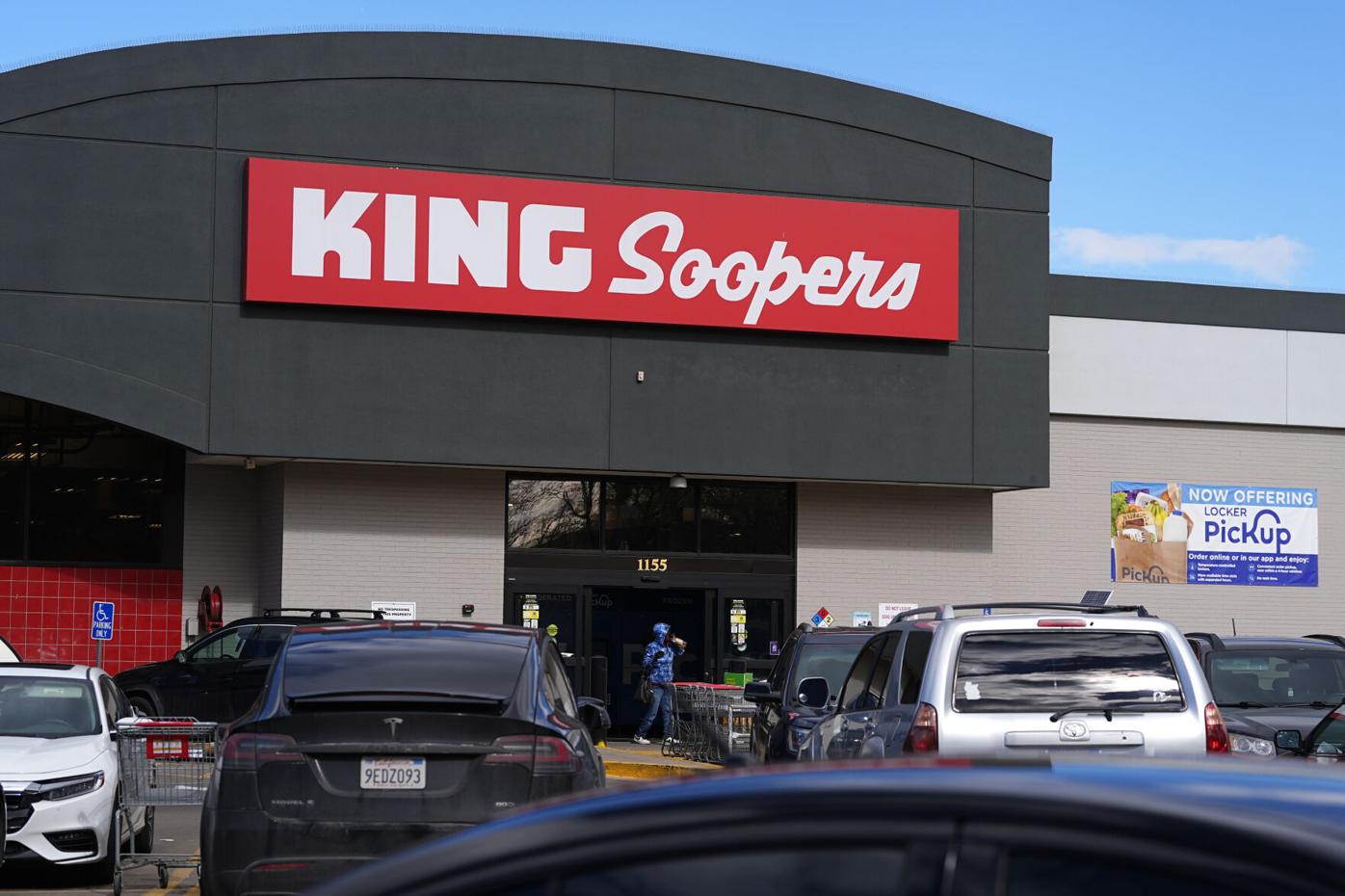Colorado Kroger, Albertsons stores pursued illegal no-poach agreements, lawsuit claims
Two of the nation’s larger grocery store companies are the subject of a new class action lawsuit in Colorado alleging they entered illegal “no-poach” agreements with each other during a union strike in 2022.
United Food and Commercial Workers Local 7 (UFCW) on Monday filed a lawsuit in Denver District Court against Kroger and Albertsons companies alleging King Soopers, City Market (Kroger) and Safeway (Albertsons) agreed not to poach employees from each other.
The lawsuit seeks to recover lost or unsecured wages, plus other earnings, for workers due to “unlawful agreements,” UCFW Local 7 officials said in a news release.
No-poach agreements, verbal or written, are illegal deals between companies not to influence hiring or employment decisions with each other’s employees. No-poach agreements sometimes reduce a worker’s compensation or limit employment options.
UFCW Local 7 officials claim the no-poach agreements happened when the union participated in a strike against King Soopers in 2022 over pay and safety. The nine-day strike resulted in new contract terms, including pay raises, better health care and safety protocols across all stores.
Valerie Morgan, who took part in the UFCW Local 7 contract negotiation team then, is the lead plaintiff in the lawsuit. Public-interest law firm Towards Justice filed the lawsuit, according to UFCW Local 7.
“To counteract Local 7’s negotiating leverage during the strike, Kroger asked Albertsons to enter into an illicit agreement not to hire or poach any King Soopers workers or to solicit any of its pharmacy customers,” according to the lawsuit, adding the anti-competitive agreement “artificially reduced the union’s bargaining power during negotiations, while increasing the leverage of Kroger’s management.”
UCFW Local 7 officials claim that a fear of lost sales during the strike led Kroger officials to ask Albertsons not to hire any of its workers during the strike or not to solicit any Kroger’s customers, particularly in the pharmacy departments.
The lawsuit detailed a Jan. 9, 2022, email from Daniel Dosenbach, senior vice president of Labor Relations at Albertsons, to Jon McPherson, the VP for Labor & Associate Relations at Kroger.
In that email, Dosenbach told McPherson that Safeway stores don’t intend to hire any King Soopers employees during the strike.
Furthermore, the lawsuit said Albertsons’ Denver Division President, Todd Broderick, confirmed the agreements in an email to Albertsons’ Chief Operating Officer Susan Morris, which allegedly said “we have agreed to not hire [King Soopers] employees and not actively solicit their pharmacy customers.”
Kim Cordova, president of UFCW Local 7, said in a statement the lawsuit has the potential to impact thousands of unionized grocery store workers.
“This case is an attempt to bring light and justice to the 18,000 unionized grocery store workers, and the thousands of non-union grocery store workers, who were harmed by this hidden and illegal deal between King Soopers, City Market, and Safeway parent companies Kroger and Albertsons,” she said in a news release announcing the lawsuit.
“Our members went on strike and won a major new contract, but now it has become clear we could have made even more gains if these corporations had not broken the law behind our backs,” Cordova said.
Kroger’s merger with Albertsons remains in limbo amidst three trials over its proposed $24.6 billion merger. In Colorado’s trial, Attorney General Phil Weiser seeks $1 million in civil penalties from alleged illegal “non-poach” and “non-solicitation” agreements between Kroger and Albertsons over their employees and pharmacy prescriptions.
UFCW Local 7 has been an outspoken critic of the merger, claiming it would lead to store closures and loss of jobs.
A King Soopers spokesperson on Tuesday denied any no-poach agreements in an email to The Denver Gazette.
“There were no non-solicitation or so-called no-poach agreements between Kroger and Albertsons,” King Soopers spokesperson Jessica Trowbridge said, adding that 1-2.5% of Kroger associates go to or move from Albertsons stores.
“Kroger competes for talent in a broad and diverse labor market, including from non-grocery, non-union retailers like restaurants, food service companies, conveniences, warehouses and more.”
The Denver Gazette also reached out to Albertsons officials for comment, but had not heard back by press time.
Denver Gazette business reporter Bernadette Berdychowski contributed to this report.




